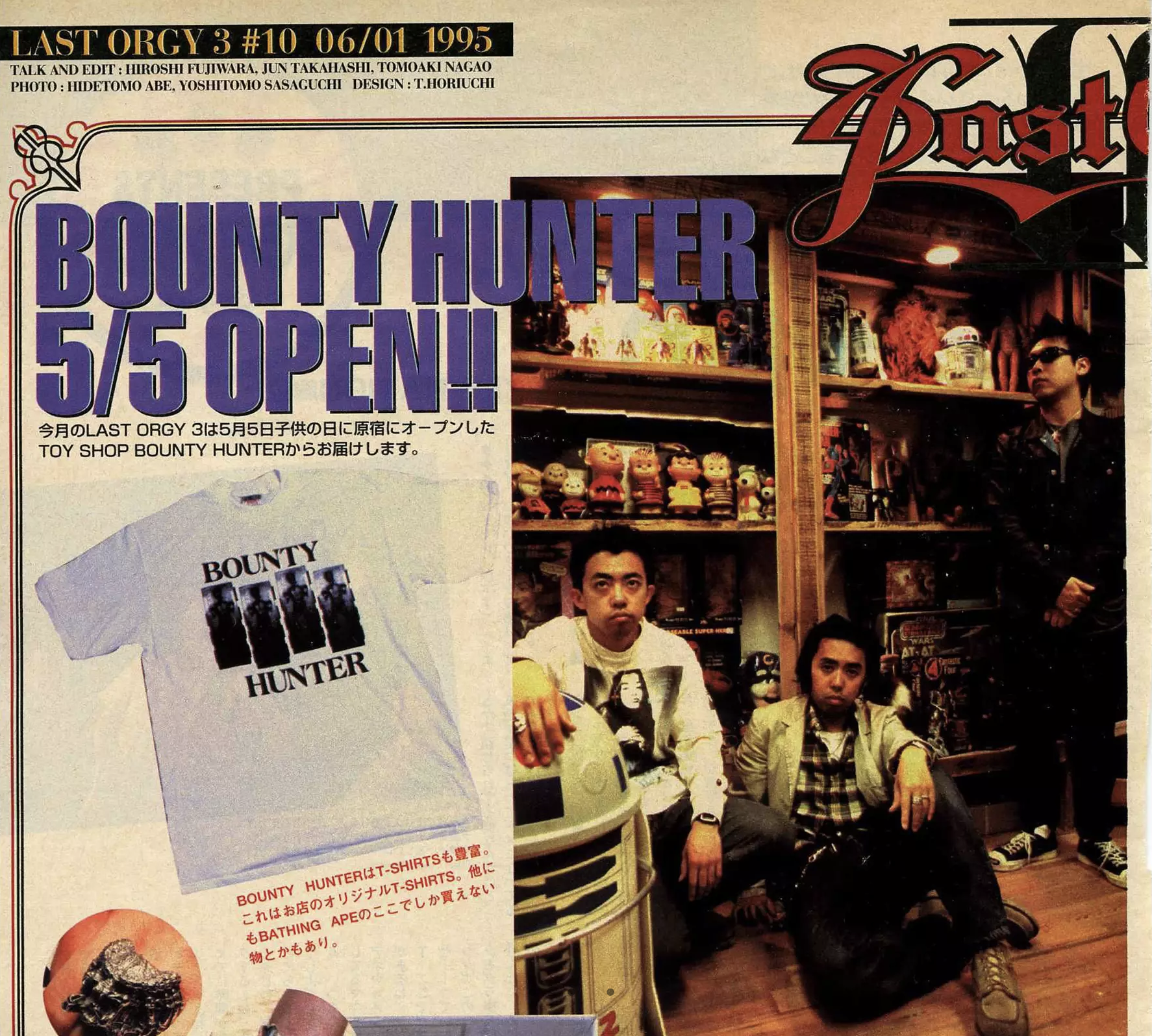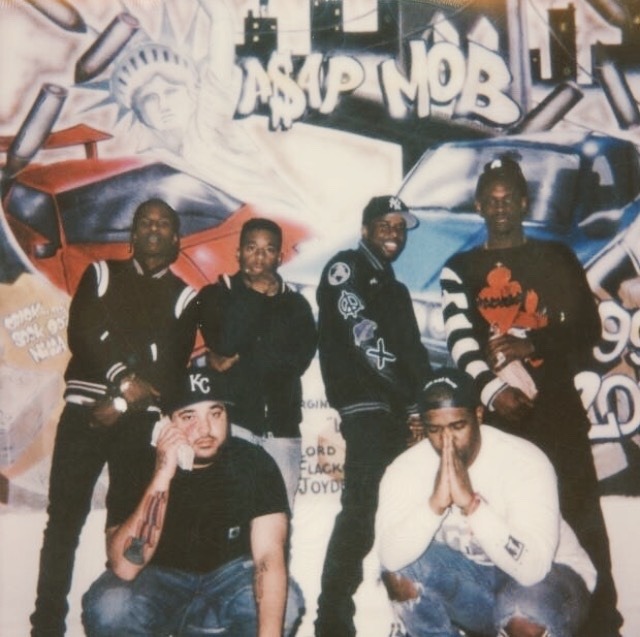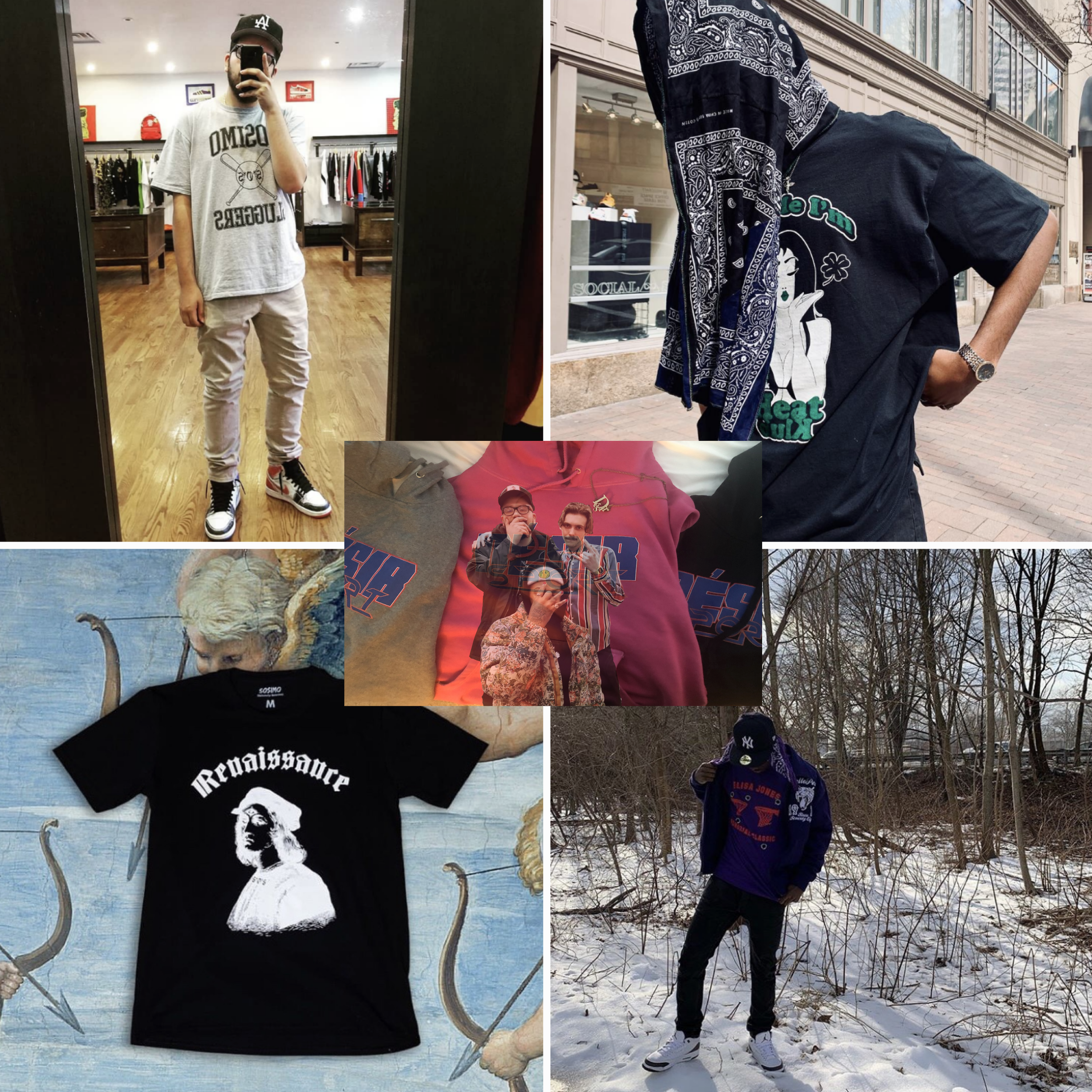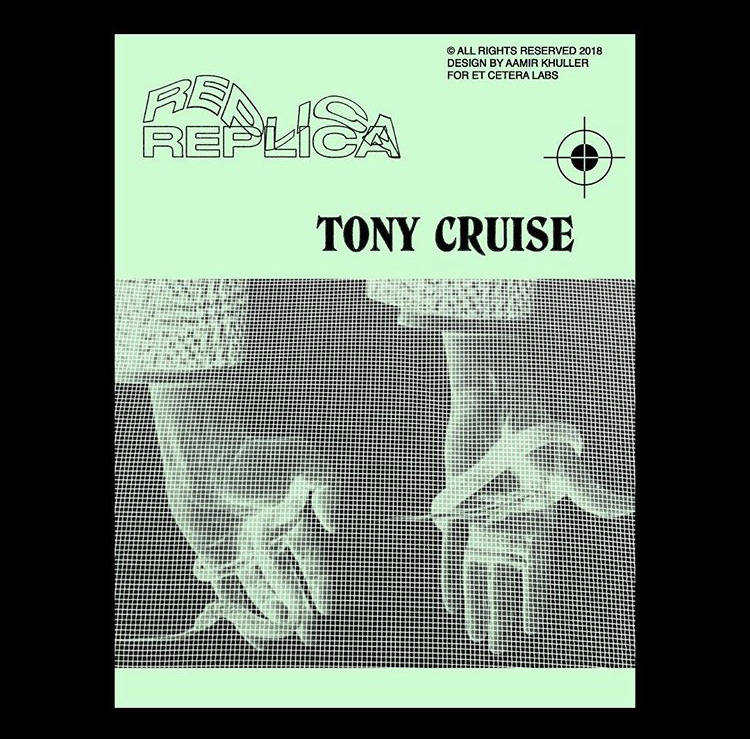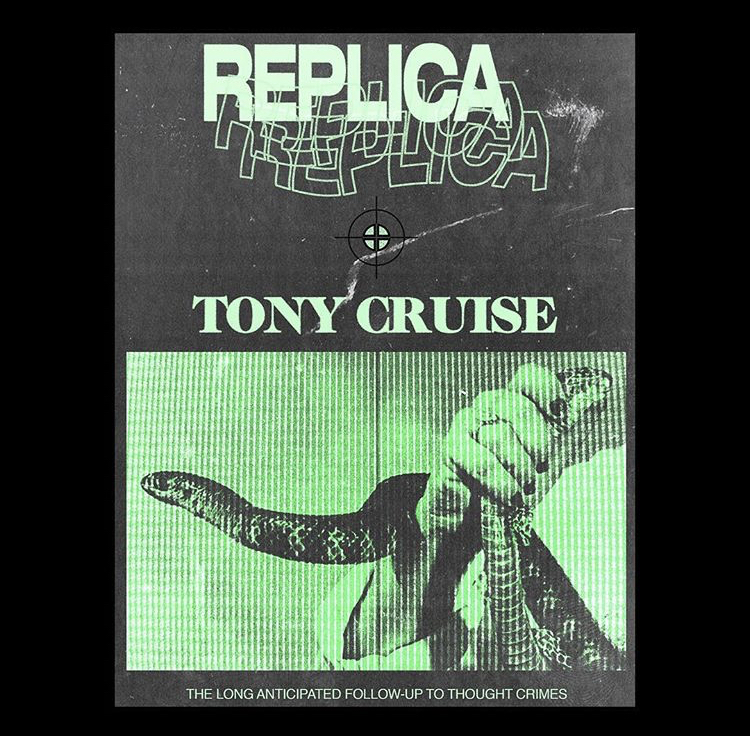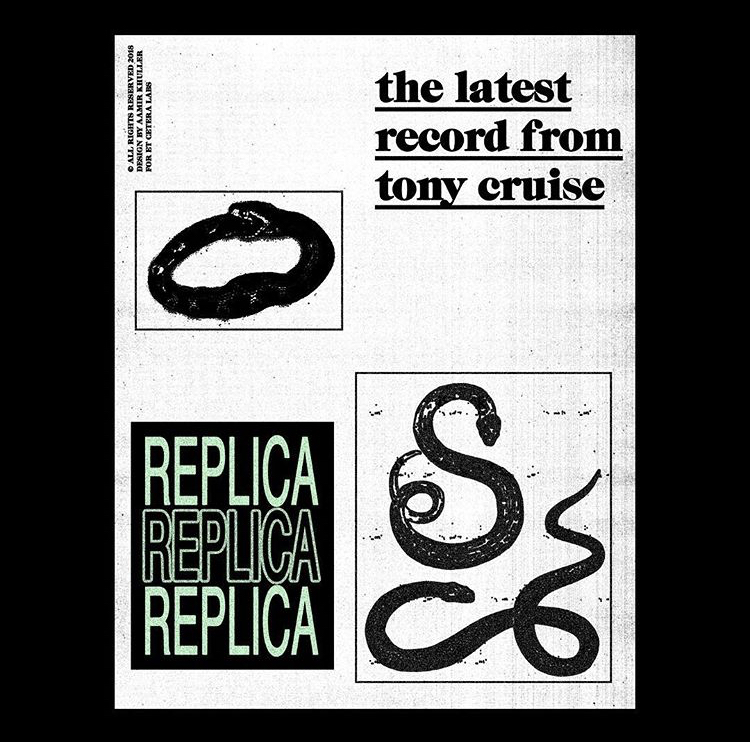Hibak Mohamed: I know you’ve been doing music since you were 12 with the help from your uncle. Did you know back then that this was something you wanted to do?
Deante’ Hitchcock: Hell no. My uncle really got me into this shit in the first place. The only reason I really started writing my own shit was to kinda like prove to him I could do it. It wasn't like an ingrained love for music it was just like, yeah I gotta show him that I could do this shit. That’s where it came from. Then, I gradually like fell in love with it over time.
Mohamed: Was it a group that you were performing in when you first started? Tell me a little bit more about that.
Deante’ Hitchcock: It was definitely a group. My name used to be Dirty D. Man, that shit sounds horrible. We would not be having this conversation right now if that was still my name. I’d still be dropping shit on Soundcloud and no one would listen to that if I still had this name.
Mohamed: Earlier this year you stated you were going to be putting out 52 freestyles, one for every week. What made you make this decision? And has it been challenging being consistent with everything else you have going on?
Deante’ Hitchcock: What’s crazy is I actually made that decision for lack of a better word, out of desperation. I wasn’t where I thought I could or should be at the time. I was like, I dont wanna ever chalk it up to my lack of work ethic. Even though I feel like I’m pretty much on par doing the same thing as a lot of my peers, it didn’t feel like I was at the same place as a lot of them. So it was like, if I have to do more to get there then that's what I’ll do. It was a move of desperation, if anything. What’s crazy is since we put out the fuckin tape, I had a meeting in NY last week with the label and they actually want me to slow it down. I’m tryna decide how imma go about that now.
Mohamed: From the outside looking in and from a fan stand point, it just showed your work ethic. I appreciate it regardless if you continue to do them or not.
Deante’ Hitchcock: I’m still gonna write them. I’ll just be more strategic with how I put them out. Whole thing they were saying I just understood it. Whether it be to stop them or slow it down a little bit. They didn’t want that to be all that the people expected from me.
Mohamed: When people tell you to keep your freestyles and put that energy towards your music, how do you react? One thing that stuck out to me was the saying, “My music better than my freestyles.”
Deante’ Hitchcock: I definitely don’t want to be remembered as just the guy who can rap. I want to be remembered for the actual music that I put out. Whether it helps someone through a situation, a club hit or something you just vibe to. People who freestyle, it’s a great talent like battle rapping a King Los or a Cassidy, whoever it maybe be. I feel like especially in today's society we’re a lot more melody driven and a lot more song based than anything now. Like if I was rapping in the 90s like am I now, we would probably be having a different conversation. The musical landscape is a lot different now.
Mohamed: How did your relationship with Mark Pitts come into fruition? And what is it like working with such an esteemed person in the industry?
Deante’ Hitchcock: That’s the crazy part. The freestyles definitely served their purpose because shit, that’s how he found me. I had put a black lives matter freestyle over a Kendrick Lamar GKMC beat & then the so gone challenge right after that. That’s when he hit me in my Instagram DMs. I was like “nah this can’t be him forreal.” I thought that was bullshit. But then the next week and a half to two weeks I was on a plane to NY to meet everybody. I was like, “damn this is forreal forreal.” I was just thinking damn it’s crazy how some shit can come from that. Especially something I started off on the whim in my car rapping. This is definitely a beautiful relationship, that’s my guy. He be trying to challenge me to dance battles but he don’t want that smoke. He think he still got it.
Mohamed: You used to dance right? I don’t think many people know that about you.
Deante’ Hitchcock: Yeah I still do that now. I’m actually trying to get back into it because I aint been on it as much. I been trying to figure out how to incorporate it into my music, but not really into the music. More so how to get back into it without making it look corny.
Mohamed: Who’s one artist you were shocked to find out to know about you/your music?
Deante’ Hitchcock: Cole! Really I ain’t gon lie. I ain’t gon say, “shocked” cuz it makes sense if you put it on paper like Mark and Cole got a real close relationship. When I met Cole for the first time, Mark wasn’t around. I went to one of the concerts when Cole had came to Atlanta. This was before I even met DJ Nitrane, but he got me tickets to come to the show. He was like, “I want you to meet Cole.” We haven’t even sat down and kicked it. That was the first time we met at that concert so that was real genuine love. When I walked into the room he greeted me like a little brother. Like, “Yo my nigga!” from across the room. It was crazy. That one threw me off guard.
Mohamed: You were recently on tour with 6lack, what is your relationship like with him & did you know him outside of music since you’re both from Atlanta?
Deante’ Hitchcock: My first time meeting 6lack was a minute ago. It was at the Edgewood parking lot, that’s one of the music spots in Atlanta. He didn’t know me. It was like on some artist to fan type shit. That was my first time but my partner, his name is Steve Cantrell, he’s signed to the Mass Appeal label. We used to dance together, that’s my boy. He put me onto to bruh a long time ago because they used to do shit in Albany together. I knew about him and fucked with his music and gradually over time everything just lined up the right way and ended up on tour with him. That shit crazy.
Mohamed: Congratulations on the release of your EP, “Just A Sample 2.” You initially planned on releasing this EP last year, what roadblocks did you face?
Deante’ Hitchcock: Man, sample clearances are the worst thing in this entire industry and this entire world. Them shits suck. It’s crazy how it all worked out because I feel like with anything once you start getting traction, people work a lot harder to get it done. When we were on tour and we started performing some of those songs, and folks were seeing the response. Some of the songs it was like, “oh shit we really gotta get this out.” We can’t just like half ass it. We really gotta find these people and get these samples cleared. Things really started working in our favor after the 6lack tour. Sample clearances held us back for so long. But, at the same time I’m glad that it worked out the way it did. Because coming off of this tour and dropping that tape felt a lot better I think, than dropping the tape and then going on tour would’ve felt. So, I’m happy about it.

